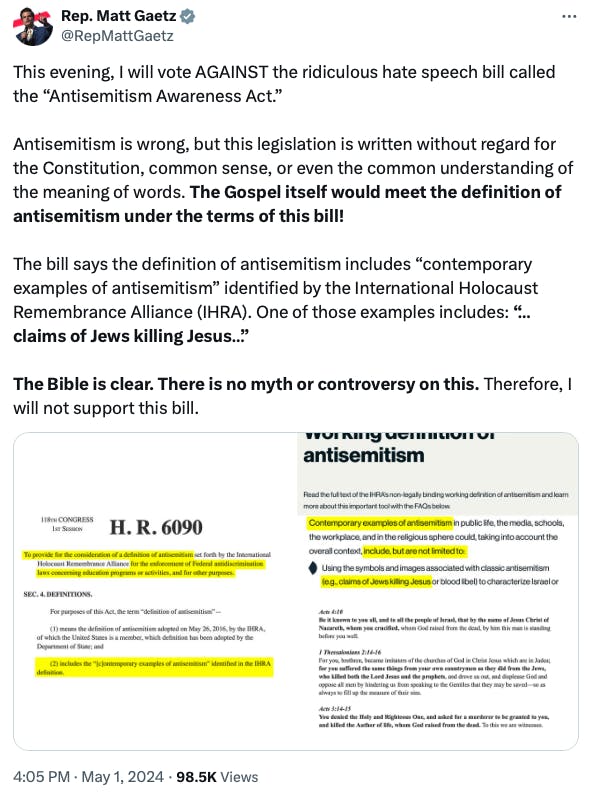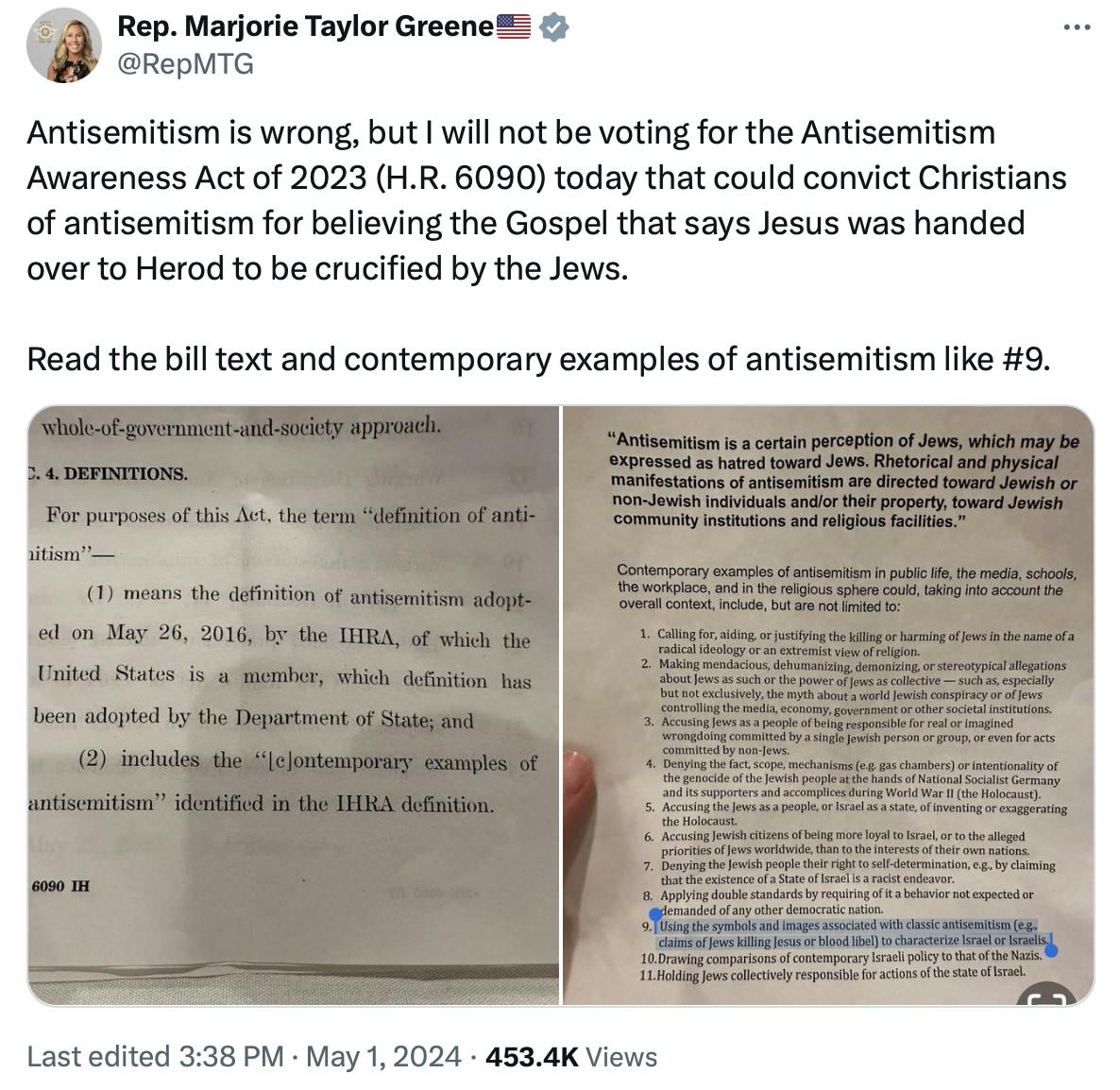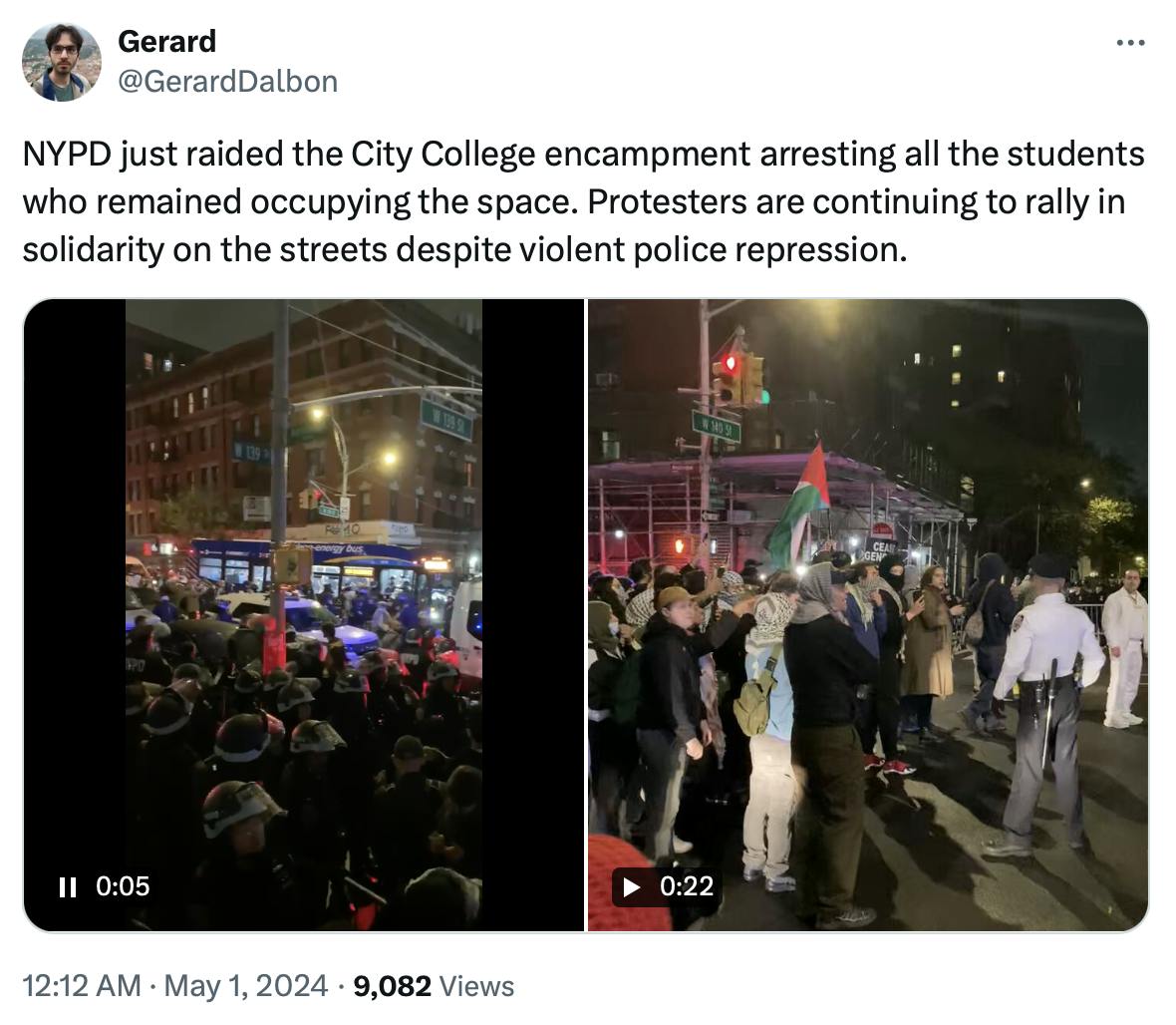Trump May Not Be Only One Who Needs a Gag Order in Hush-Money Trial
Michael Cohen’s comments could land him in hot water soon.

Donald Trump’s big mouth in his New York hush-money trial has so far cost him $9,000 and earned him a formal warning about the possibility of jail time if he continues to violate the partial gag order. But he may not be the only main character in the criminal case who needs a court order to shut his gob.
According to former federal prosecutor Joyce Vance, Trump’s former fixer turned star witness Michael Cohen may need the same kind of restrictions in order to keep his gossip and jabs at Trump off the internet.
“Witnesses need to keep their mouths shut until they are in the courtroom,” Vance said on The Insider Podcast Tuesday, adding that Cohen’s comments online could very well become “fodder” for Trump’s attorneys.
And there seems to be plenty of material for Trump attorney Todd Blanche to choose from. On Thursday, Blanche began rolling through some of the evidence, airing a mess of inflammatory social media posts made by Cohen about his former boss throughout the month of April. That included posts that referred to Trump by Cohen’s nickname for him—“Von ShitzInPantz”—and a retweet of another that lambasted him as a “racist jackass who referred to African nations as ‘shithole countries,’” in light of Trump’s attempt to liken himself to Nelson Mandela.
Trump is accused of using Cohen to sweep an affair with porn actress Stormy Daniels under the rug ahead of the 2016 presidential election. The Republican presidential nominee faces 34 felony charges in this case for allegedly falsifying business records with the intent to further an underlying crime. Trump has pleaded not guilty on all counts.











